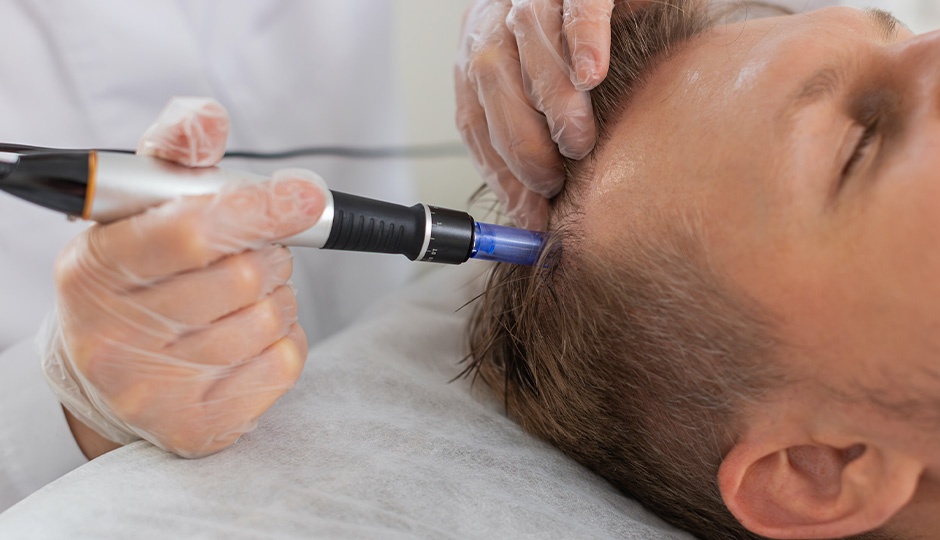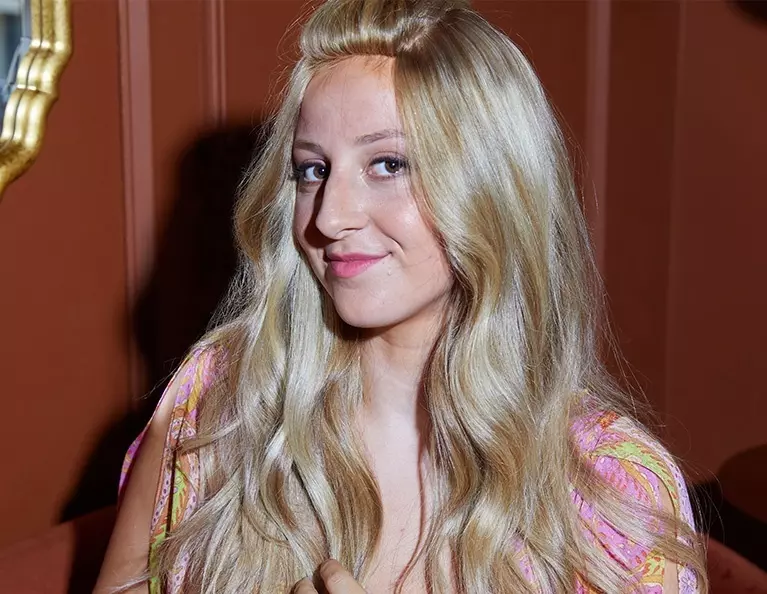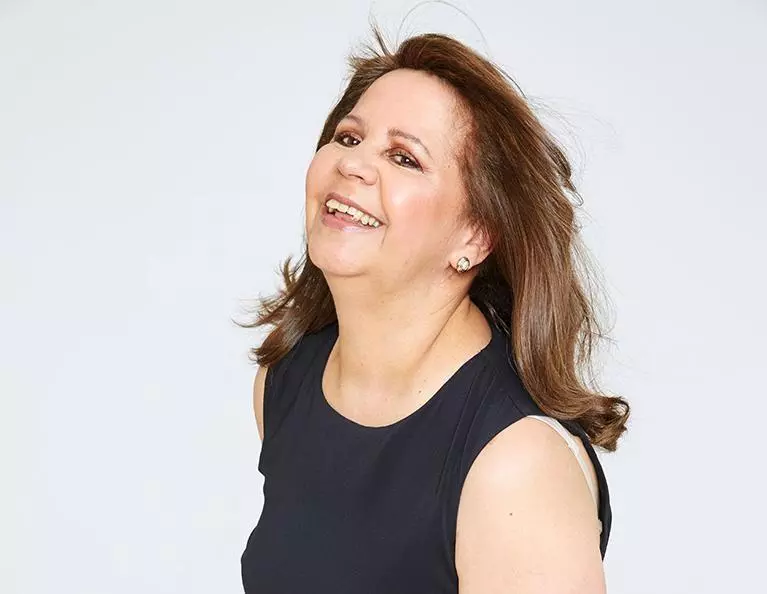For women, hair can change throughout our lives, depending on what life has in store for us, our age, hormones, and various other factors. Women know this only too well, with big events including childbirth and menopause having a notable effect.
Postpartum hair loss usually kicks in around three months after giving birth. It can last anywhere up to about six months. As you might guess, this is a type of hormonal hair loss that is triggered by the change in hormones you experience around the time of the birth and shortly after.
In this article, we’ll learn more about this kind of hormonal hair loss, and what you can do to treat it.
What Is the Term for Postpartum Hair Loss?
There are various terms used for hair loss, depending on the type of loss experienced and whereabouts on the head the hair is lost from. In the case of postpartum hair loss, the proper term for it is telogen effluvium.
Each hair goes through three main phases:
- Anagen – where the hair is growing
- Catagen – where the hair follicles shrink
- Telogen – where the hair rests
Once the hair has gone through the telogen phase, it will drop out. Since up to 90% of the hairs on your scalp are in the anagen phase, you’ll typically only lose around 100 hairs on your head each day, as they reach the end of their telogen phase.
During pregnancy and birth, your hormones can be experiencing huge changes. This can send more hairs than usual into the telogen phase, where no growth is experienced, and the hairs eventually fall out. Hence why you may lose more hair than usual each day – to the extent that it is noticeable.
How Much Hair Is Too Much to Lose Postpartum?
You’re obviously not going to sit and count how many hairs you lose each day. However, you’ll know what you normally lose and whether you’re shedding a lot more than normal. Most women find their hair can feel a little thinner than normal. You shouldn’t have bald patches – it’s more likely you will notice thinning hair all over your head.
If you do have any concerns or notice some bald patches that weren’t there before, consult your healthcare practitioner. Some medical conditions can cause hair loss of this kind, so it’s best to get checked just to be sure there isn’t anything else going on.
Is Postpartum Hair Loss Reversible?
Yes. Most women will notice their hair gradually thickens up and goes back to normal, although it may take a few months to do so. In the meantime, there are some things you can do to treat it.
Firstly, it’s ideal to get a trim. Your hair stylist may be able to suggest a change of hairstyle to disguise the hormonal hair loss. If the hair loss is noticeable around your parting, you might be able to change it or switch hairstyles to one that doesn’t rely on a parting. Longer hair can also make hair loss look more obvious, so if you’ve ever considered a big change, now could be the time to do it.
If the hair loss is more noticeable and not growing back as expected, you may want to visit a hair loss professional. They won’t help you magically regrow your hair overnight, of course, but they can assist with disguising the postpartum hair loss by providing guidance on treatment options to help your hair grow stronger, healthier, and thicker.
Make sure you take good care of your hair too. Avoid heat styling if you can and switch to air drying. You might want to change your hairbrush as well – there are some that are designed to be gentler on fine hair, which should help minimize the amount you lose when brushing it.
Over time, you’ll notice your hair gradually becomes thicker and fuller again. It can take up to a year to regain the hair you had before pregnancy, given the stages of growth each hair goes through. Each hair must grow again from the hair follicle, so patience is required. However, you can see how this is a normal part of pregnancy and birth, and that there are things you can do to make the best of the situation.
Unique Hair Concepts in Ardsley, New York offers a complimentary, private in-person consultation that will allow you to get more information on treatment and options for post-partum hair loss. We proudly serve guests in Westchester County, New York and the tri-state area. Contact us to learn more about options on your particular hair situation.






